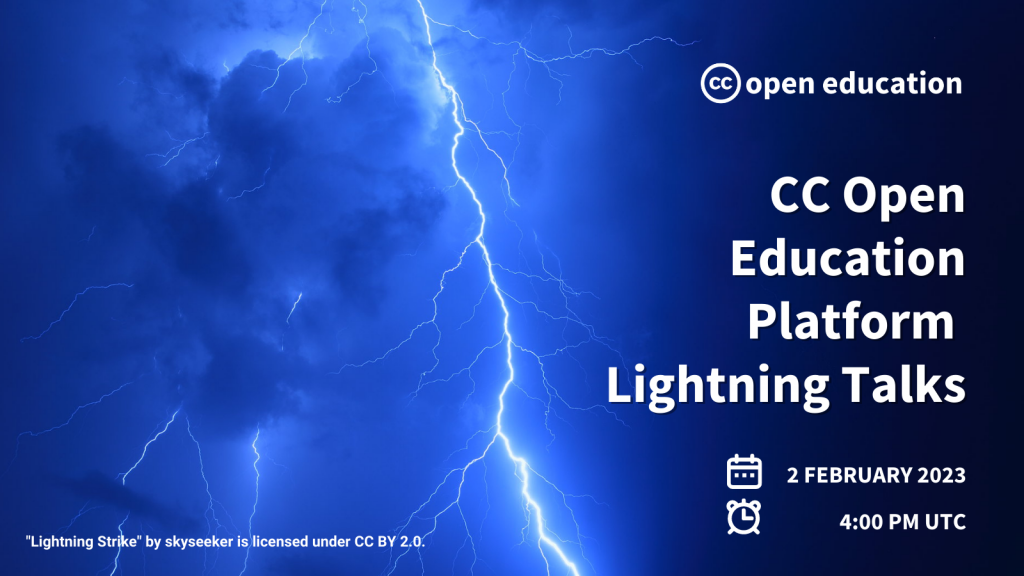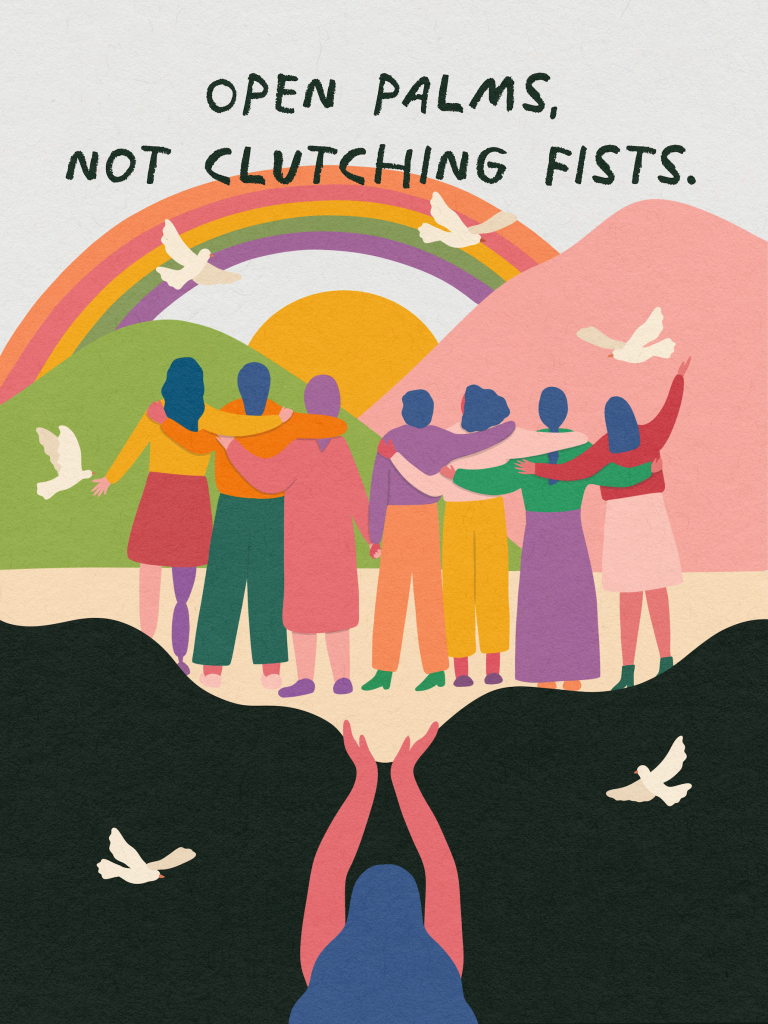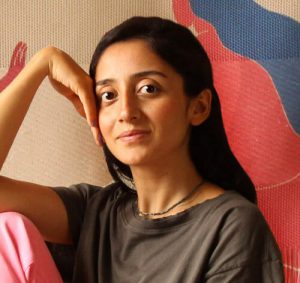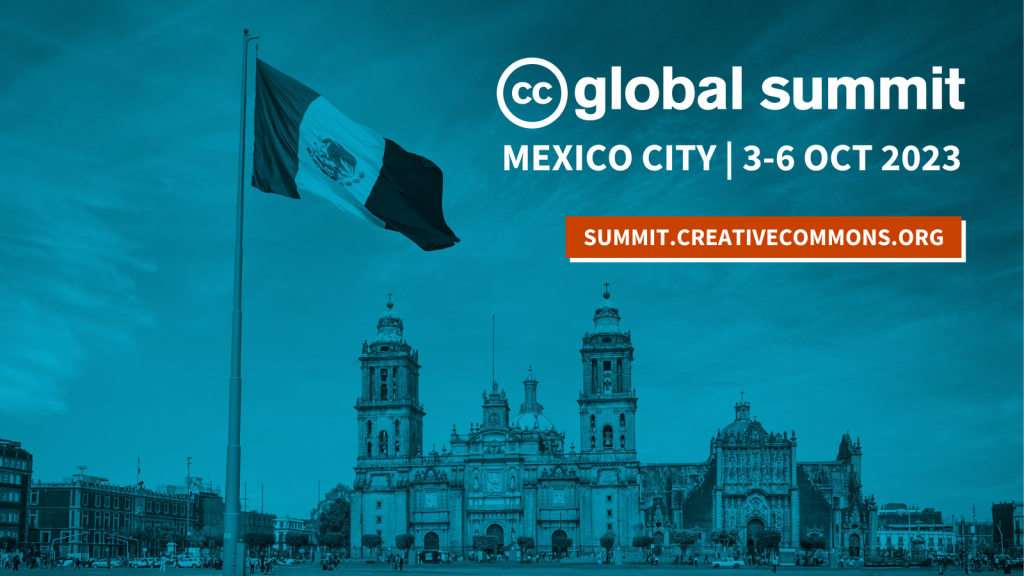Scanning 3D: Cultural Heritage Preservation, Access and Revitalization
lundi 30 janvier 2023 à 15:00
On 7 February 2023, Creative Commons will host a panel discussion on 3D scanning, preservation, access and revitalization of cultural heritage. As 3D technologies advance and cultural heritage institutions around the world seek better ways to enable people to engage with their collections, we also see cultural artifacts threatened by global climate change, armed conflict, and economic instability. At CC, we see building the “3D” commons in this complex moment as an essential activity in enabling a brighter future for all and solving the world’s most pressing challenges. How can 3D technologies and practices support what we call better sharing: sharing that is contextual, inclusive, just, equitable, reciprocal, and sustainable?
With experts, we’ll explore the many considerations around 3D scanning as it relates to cultural heritage preservation, revitalization, access and better sharing, as well as the impact on the public domain. Panelists will address:
- the importance of open access to scans of cultural artifacts
- the legal issues that can challenge access to 3D scans
- policy implications of open licensing 3D scans
- cultural and equity considerations around the origins of objects scanned
- how museums, artists and organizations put 3D scanning and sharing into practice
CC’s Director of Learning and Training, Jennryn Wetzler, will moderate an expert panel with:
- Michael Weinberg, Executive Director, Engelberg Center on Innovation Law and Policy, NYU School of Law
- Jonas Heide Smith, Head of Digital at SMK, The National Gallery of Denmark
- Cosmo Wenman, Open Access Advocate and 3D Design and Fabrication Consultant
- Teresa Nobre, Legal Director, COMMUNIA
- Thomas Flynn, Cultural Heritage Lead, Sketchfab
As UNESCO’s Memory of the World program enters its fourth decade, questions at the intersection of preservation, access, copyright and new technologies are now more topical than ever. Join us to hear from experts and participate in the conversation!
Date: 7 February 2023
Time: 3:30–5:00pm UTC [see the time in your timezone]
Register now >
The post Scanning 3D: Cultural Heritage Preservation, Access and Revitalization appeared first on Creative Commons.



 [
[